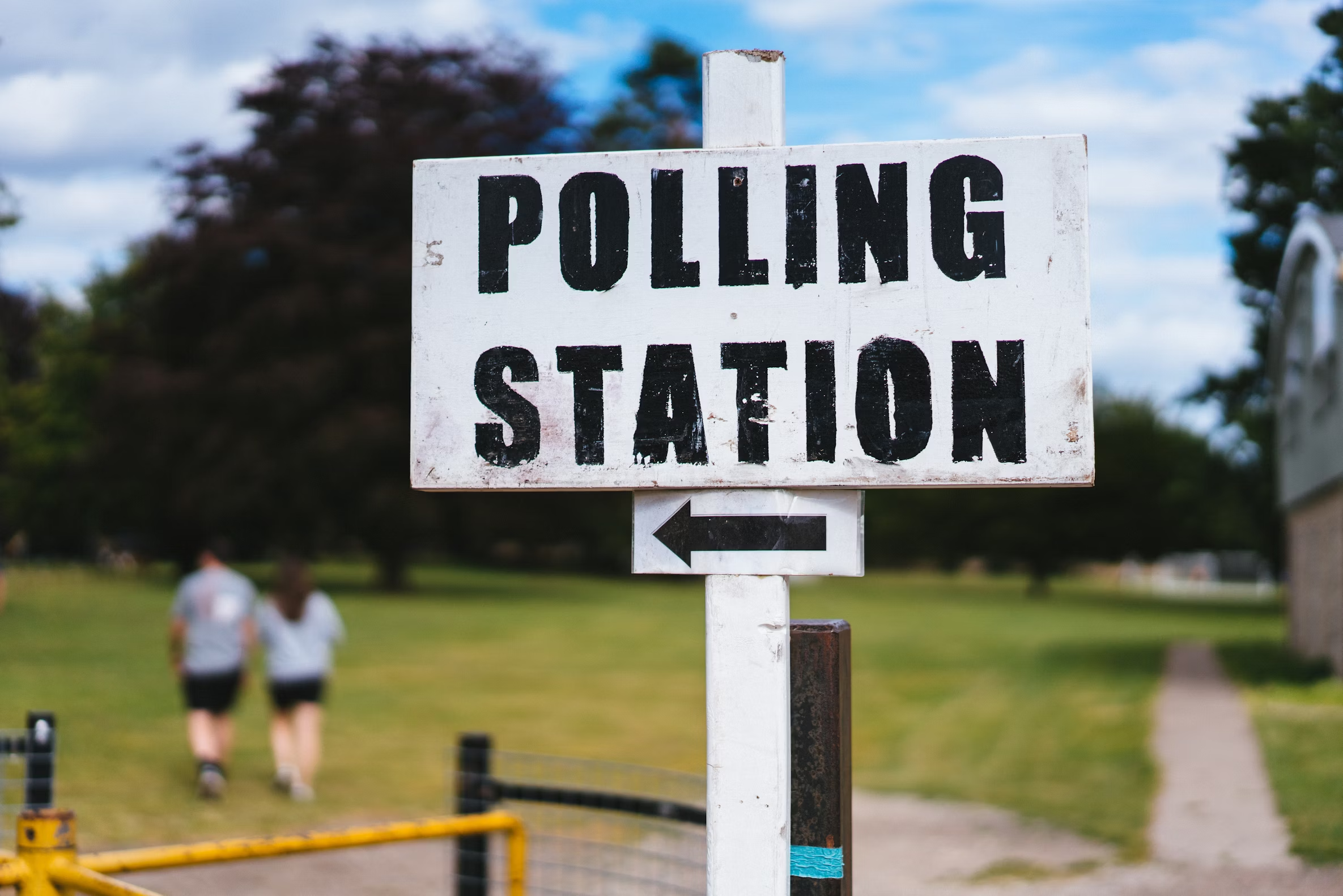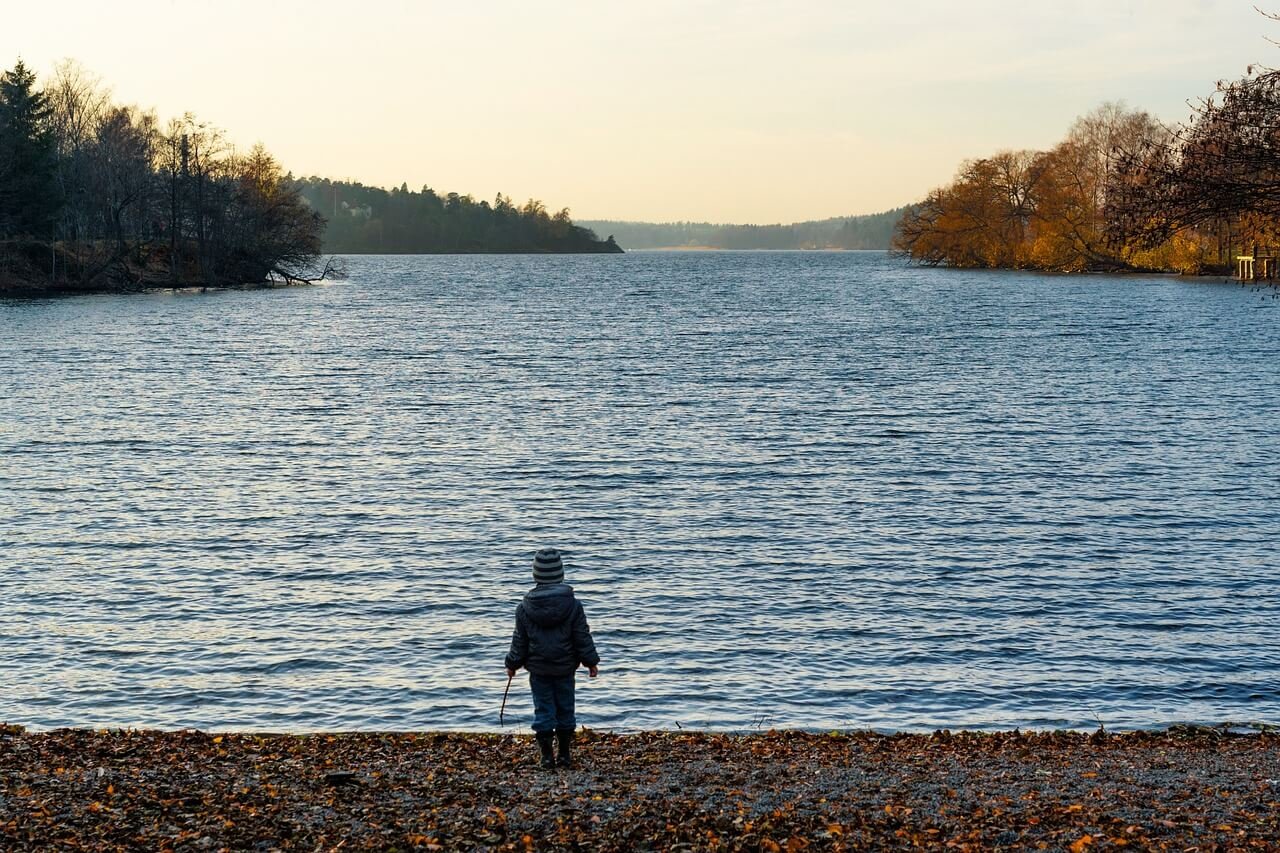Zeke: “Why is election season so stressful, so disquiet?”
Barrett: “Baked into the election season is such raw emotion, most notably the fear. People are afraid at baseline, and our fear gets specifically targeted through the media to galvanize voter turnout. It’s a useful winning tactic politically speaking, but at what cost? Should fear be driving all political commentary and conversation? What does that do to a community, to a nation, to a person? It creates a terrible environment. We start to wonder, “Should we be afraid of the person standing next to us?” I saw it on full display when I went to the polling station today for early voting, you could cut the tension with a butter knife. People looked scared. I do believe we should have some concern about the future for a number of reasons, so fear can inform us on what to pay attention to, but it is also a crippling energy that disconnects people from one another if it is overplayed.”
Zeke: “But what about you? What do you experience that makes it stressful for you?”
Barrett: “It’s probably stressful because it brings the worst out of me. Referencing what I said before, fear makes me worry. When I feel afraid, it takes a lot of energy to decipher if the fear is real or not. I already deal with anxiety in my life, and the real work of understanding my anxiety is figuring out what it is pointing to. That fight-or-flight response is so taxing, I feel exhausted. Not only do I feel spent, but it doesn’t seem like there is a way to work through the fear collectively, so I end up sitting with a terrible feeling that I have no good use for. I tend to vote differently than the majority of my family, so the whole situation feels impossible.”
Zeke: “For me, I think the stress comes from people drawing social and ideological lines that hadn’t existed for 46 months prior. It’s like the scene from the movie, Elf, when the spirit of Christmas is revived in Central Park and Santa can fly his sleigh, except instead of joy it’s division, and instead of Santa’s sleigh it’s the incessant “discourse”. Can you tell that I’m not a fan of election season? Too often, I start thinking in terms of “us” and “them”, which is the exact opposite of what I strive for spiritually. Which brings me to the question, How do you approach voting with a spiritual lens?”
Barrett: “My personal agenda is to vote according to what I believe is the path forward for healing for our communities and nation. I try to understand within myself what is helpful to my spirit and what is harmful, then I work backwards toward policy. It’s not a science. Some solutions can be easily broken down into A+B=C, and perhaps the majority of voters see some issues from that perspective. But we all bring ourselves to the voting booth, and we all have agendas. My heart takes priority in my life and personal decisions, so I figure I better do my best to lead with it in the political process as well.”
Zeke: “That makes a lot of sense. I too try, to borrow words from the 2016 election, to “vote my conscience”. I think the political machine is less interested in change than it is in re-election so I tend to be drawn to the folks that seem more invested in change, which sometimes means I don’t vote. Which probably irks some people, but I think intentional inaction is just as powerful as intentional action. Choosing the “least worst” candidate seems like a low-value proposition, and so abstinence then becomes a way of advocating for a third way. Which is probably a cop out, but it at least allows me to be consistent in my values.
Voting with the heart makes a lot of sense, but it’s not always possible that your heart aligns with the heart of everybody else. Which means that when you vote one way, and the election goes the other, you’ve opened yourself up to a lot of heartbreak. That being said, How do you deal with the aftermath of elections? Especially when they don’t go “your way”?
Barrett: “It almost never feels joyful. It’s relatively new for me to care about politics, as opposed to opting out and pretending it doesn’t matter. The voting that I have done so far feels like I am making a decision of how to best avoid the world ending up in total chaos. With each new election cycle, political opponents paint one another as “the end of life as we know it” if you vote for them. That messaging really gets to me. So I cast my ballot, I hope things go well, and I try my best to be positive about the future and stay involved, no matter the cost.”
Zeke: “My wife and I have developed a couple of election traditions, which is funny because we’re not very political people. On election night, we go to Cheddar’s and grab a drink and some croissants. Then we see how long we can go without finding out who won the election. Which is a lot of fun, truthfully, because it shifts the importance from this national, nebulous, deeply impersonal, thing, to a way of strengthening my wife and I’s bond. This helps me reframe the narrative to be about my neighbors, my community, my relationships, and steers away from being upset or excited that my vote aligned or didn’t with the electoral college. To borrow an excellent, if not totally accurate, lyric from the Avett Brothers, “your life doesn’t change with the man that’s elected.” Obviously, some presidential/congressional candidates have radical policies that do affect people’s lives, but for the vast majority of us I think the lyric holds true.”




Leave a Reply